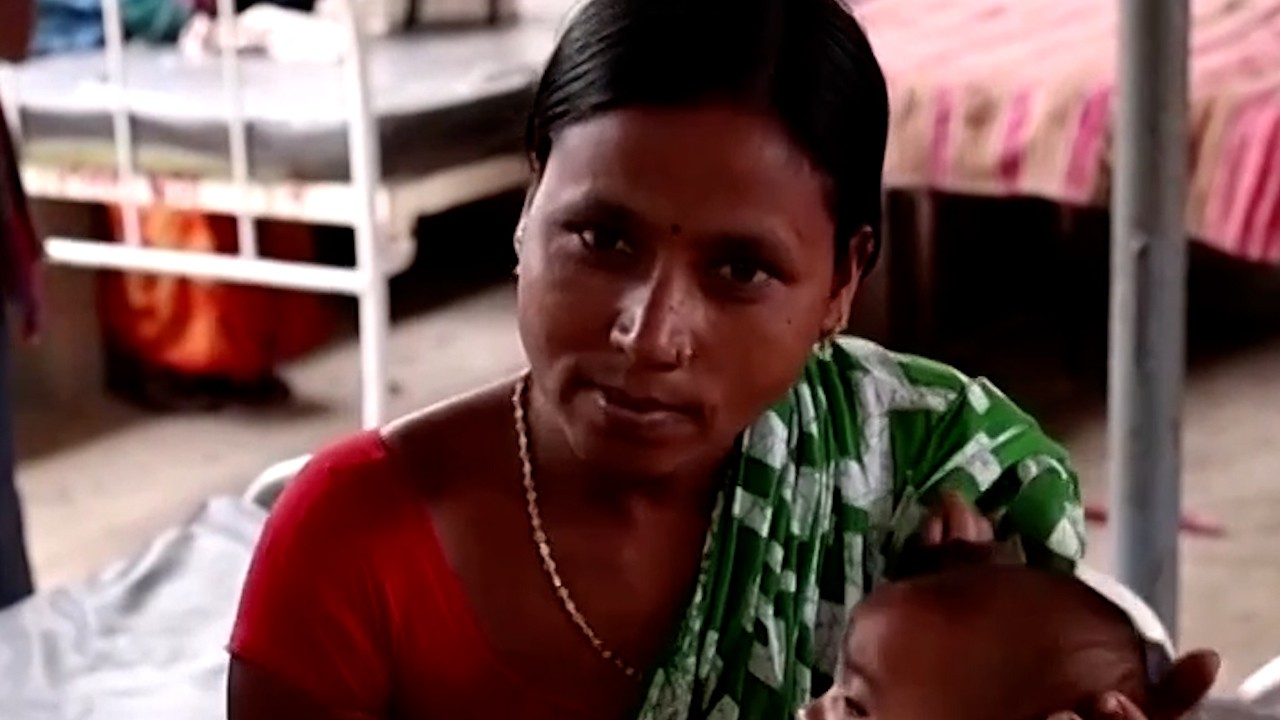Advertisement
Opinion | Population policies must put women’s reproductive rights front and centre
- In low-income countries, where early marriage and a lack of contraception result in unwanted pregnancies, boosting awareness of and access to contraception is crucial
- In high-income countries, the high cost of having children deters women. Here, family-friendly policies, in the workplace and beyond, can be helpful
Reading Time:3 minutes
Why you can trust SCMP
5

As human civilisation has evolved under the rule of law, women’s reproductive rights have gradually become an internationally recognised fundamental human right.
With the global population hitting 8 billion last year, the United Nations Population Fund’s latest report expresses concern about the drawbacks of population control measures that harm women’s right to make autonomous decisions about their own body, particularly on reproductive issues. The report urges respect for individual choices when campaigns or interventions on fertility issues are implemented.
The most crucial aspect of respect for reproductive rights is addressing the gap between women’s reproductive intentions and reality, thus helping each woman realise her reproductive aspirations. At present, some women have more children than they would want while others have not had their ideal number of children. Neither group is happy.
In high-income countries, the cost of raising children is so steep that many women decide to have only one child, or remain childless. The economic burden is a major barrier. Given the significant improvements in the educational levels and financial status of women in the past few decades, the opportunity cost of having a baby can be too much to bear.
In low-income countries, women face early marriage, an unmet need for contraception and pressure to have many more children than they would like. In these countries, a lack of knowledge about and access to contraception can cause significant harm to women.
Advertisement
.jpeg?itok=yYITHiCx&v=1698549792)

